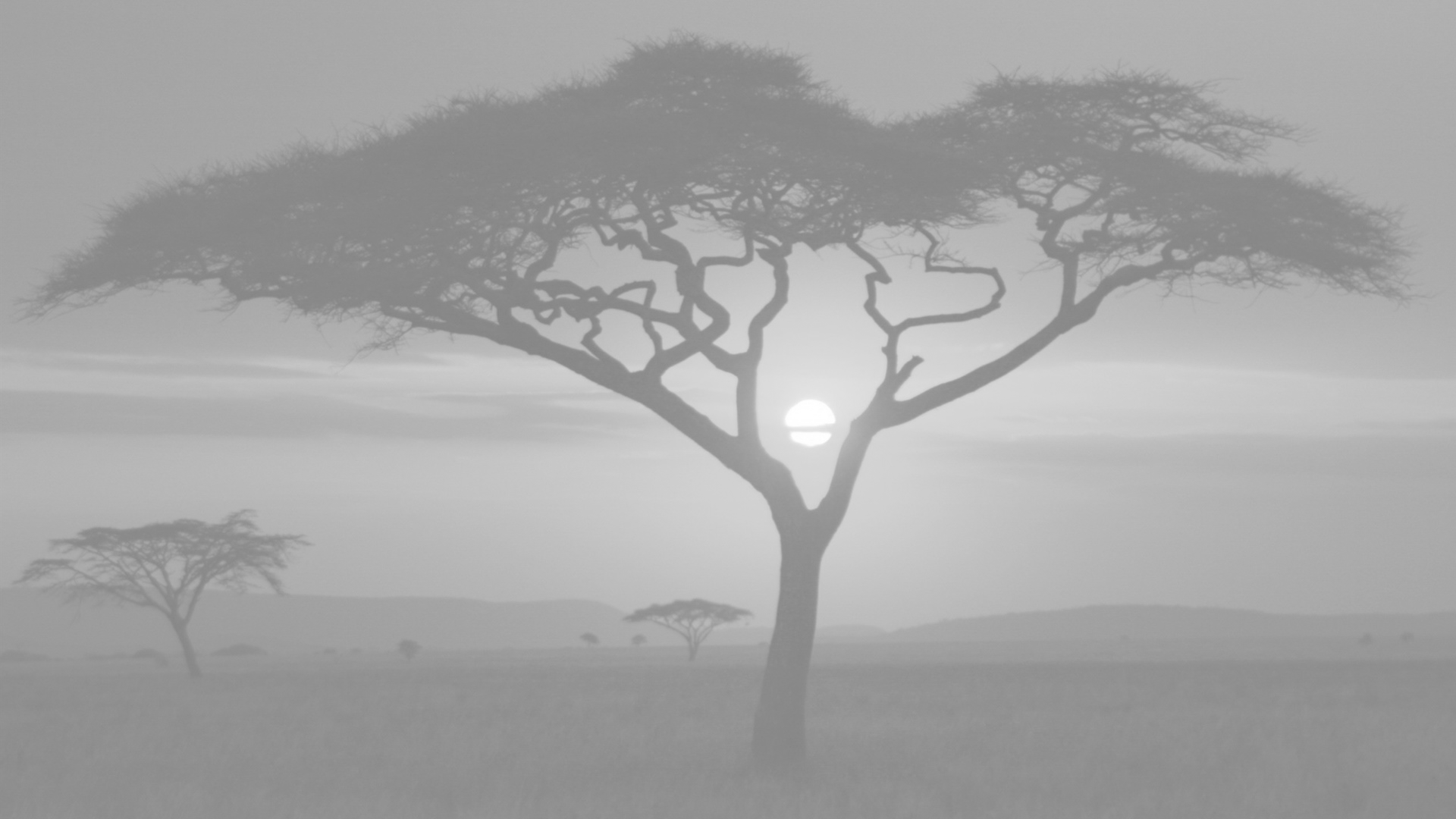DEALING WITH DROUGHT
- Harvest Speaks To Dr Mpandeli
- Jan 2, 2017
- 5 min read
Harvest Speaks To Dr Mpandeli of the Water Research Commission about how to overcome the dry elements

Established in terms of the Water Research Act following a period of serious water shortage, the Water Research Commission was deemed to be of national importance to generate new knowledge and to promote the country’s water research purposefully.
Currently, South Africa is still under threat of a lack of sufficient water, while water quality and availability issues are becoming more acute. However, the country is much better prepared to deal with this problem owing to the WRC’s meaningful contribution to the development of the capacity of the water sector, the broadening of the country’s water-centred R&D base, and the WRC’s continued commitment to direct and fund research on critical issues such as drought management and solutions.
“The drought that we’re experiencing is affecting all aspects of agriculture including livestock, game farming and crops, but the main issue here is the intensity and the frequency of the drought and its effect on the economy,” explains Dr Mpendeli.
“The positive thing is that the agricultural sector is developing different climate change strategies that will counteract the natural elements that we are facing. However, at the same time we need to be mindful of the fact that we are dealing with different categories of farmers —smallholder, commercial etc. —so there’s a need for scientists and policymakers to make sure that practical interventions are developed that will suit the different categories of farmers.”
Dr Mpandeli says that there are a number of specific strategies that have been successful. Different knowledge generation organisations like the Water Research Commission, Agricultural Research Council, Council for Science and Industrial Research and others are coming up with climate advisory information and early warning systems, among other solutions. The Commission is focused more on short, medium and long-term interventions as part of its climate change strategies.
Mpandeli explains that the strategies look at increasing production and yields on the crop side, while on the livestock side there are various interventions that are being put on the table during the drought. One of the practical interventions is called de-stocking, wherein the number of livestock is reduced and it is also ensured that livestock is moved from one grazing camp to another.
“The issue is that when you are dealing with the farmers who are within communal land, the fact that there’s no proper control becomes a challenge. On the commercial level, it is possible to apply these strategies and they are quite effective,” says Dr Mpandeli.
“Commercial farmers have got the ability to access this information quickly, where very few smallholder farmers have got the means to access that same information within a very short space of time; the majority of them rely on extension services.
“As a result, information takes longer to reach them and within the agricultural sector it is vital that information reaches you as soon as possible. This is one challenge that we face, and while I do think the situation is improving, it remains a work in progress. Additionally, we do have commercial farmers that help disseminate information to smallholder famers, which is brilliant. We need to strengthen and encourage partnership between commercial farmers, smallholder farmers and subsequent farmers. This is another focus area,” explains Dr Mpandeli.
The Commission is managing a range of projects on improving quality of irrigation water focusing on water use and water use efficiency. Dr Mpandeli says the key aim and message is that that they want farmers to produce more food using less water.
“We focus on developing practical tools that farmers can use as well. An example is our Wetting Front Detector — it’s a very small decision-supporting tool that monitors water fuel in the ground.
“It’s being used across the farming communities. It started ten years ago and the product has been recognised by the International Commission on Irrigation and Drainage; we were even given an award for it. It’s a practical tool and it’s really assisting the farming community. Whether you are educated or not, it’s easy to maintain and operate.”
He explains that some of the Commission’s divisions support an Earth Observation system making sure irrigation activities are monitored. “At least we can be able to monitor drought and water intake, and be able to detect whether we’re going to receive below or above normal rainfall during a particular season. We are dealing with farmers who are focusing on seasonal crops. Some of the farmers are focusing on perennial crops like mango, bananas and so on and you cannot move those crops to another area, but with seasonal crops, you can decide to try planting in Johannesburg if things aren’t working out in Pretoria. Farmers need to keep on changing their tactics if they would like to increase their production.”
Regarding genetically modified crops, he says, “Our focus is on water issues; however our understanding is that GMO is drought tolerant and therefore can assist us to address the issues related to food security. If you look at our research findings, and even the results from Stats SA, it shows that at household level the majority are food insecure. However, we are facing issues related to high climate change, population growth, and the migration of people from rural to urban areas, all of which add to food insecurity. We need to take cognisance of the fact that there are other stressors that we are facing in this country besides the day-to-day problems that we are addressing.”
Dr Mpandeli believes that the effects of drought can be managed if planned properly. “Obviously when there’s drought there’s a loss and the Government, through various departments, is trying its level best to make sure that some of the farmers are compensated, but we do believe that it’s not only about compensation but also early warning information,” he says.
“That’s why it’s so important that information reaches farmers quickly – so that they will be able to know whether we are going to get below or above normal rainfall, to help them decide if they need to plant crops early and what measures to take to counteract whatever extreme climatic challenges that they might face.
Farmers needs to be proactive not reactive. You don’t wait until disaster happens and then change position.
“Global warming is a problem and we need to up our game especially on climate change adaptation and interventions.
Drought is a risk irrespective whether we are talking about agricultural drought or socio-economic drought. Drought is drought and it has an impact on the livelihood of our people. We just need to make sure that we become proactive, making sure that the knowledge that we are generating should be translated into workable and achievable plans and strategies. We need to address the science policy interface and by doing that I think we will minimise the effects of drought.
The fact of the matter is that you cannot eliminate drought’ however we need to make sure that it has got less impact,” concludes Dr Mpandeli.




















































Comments